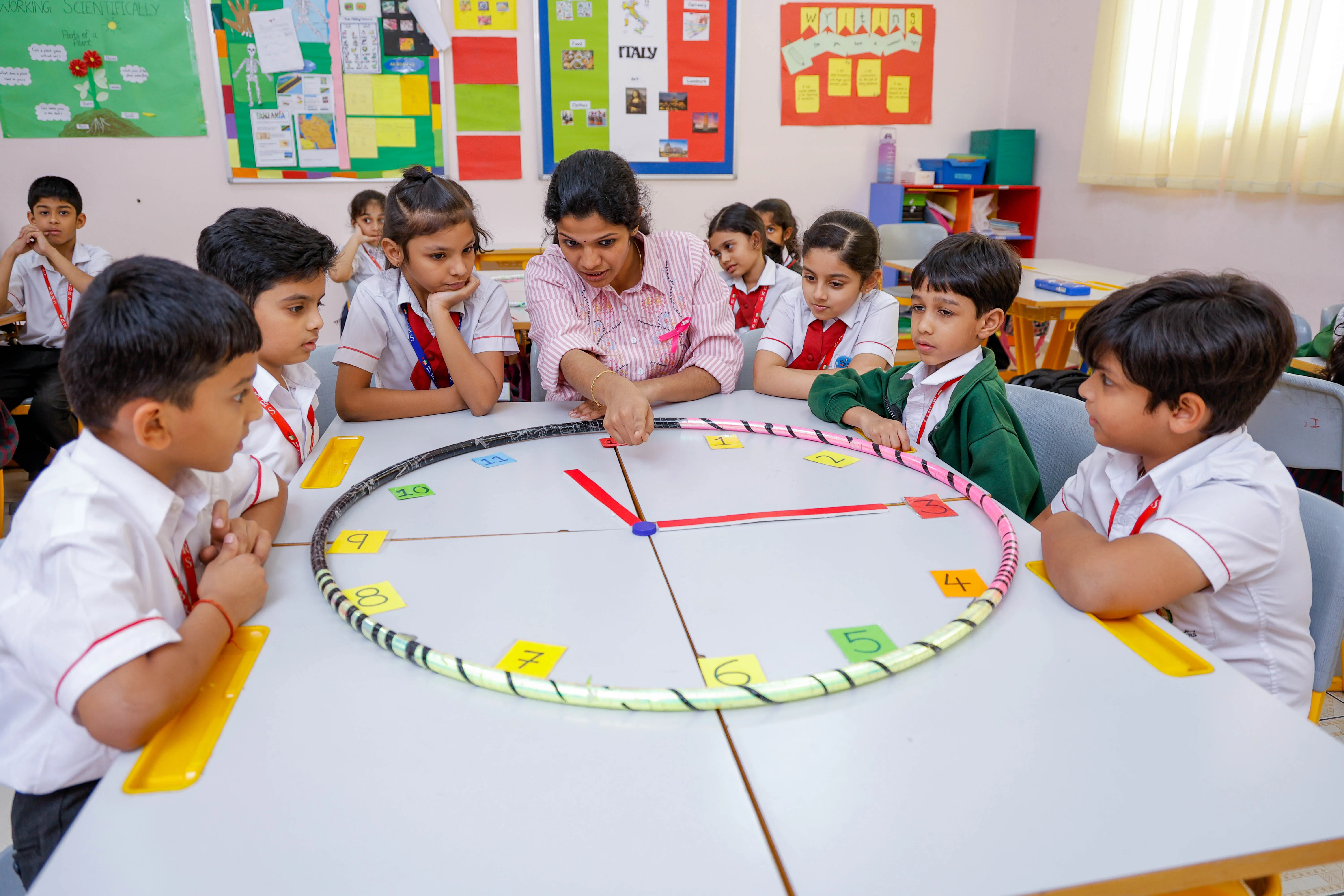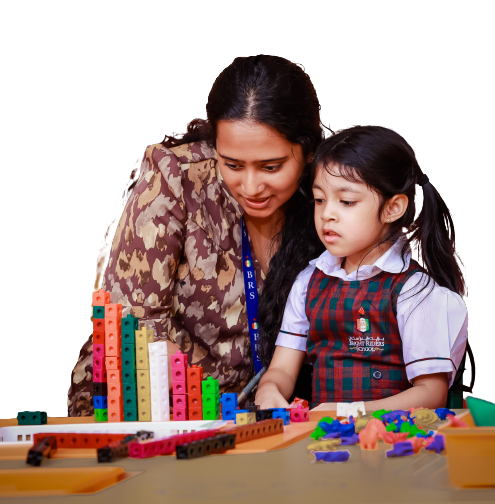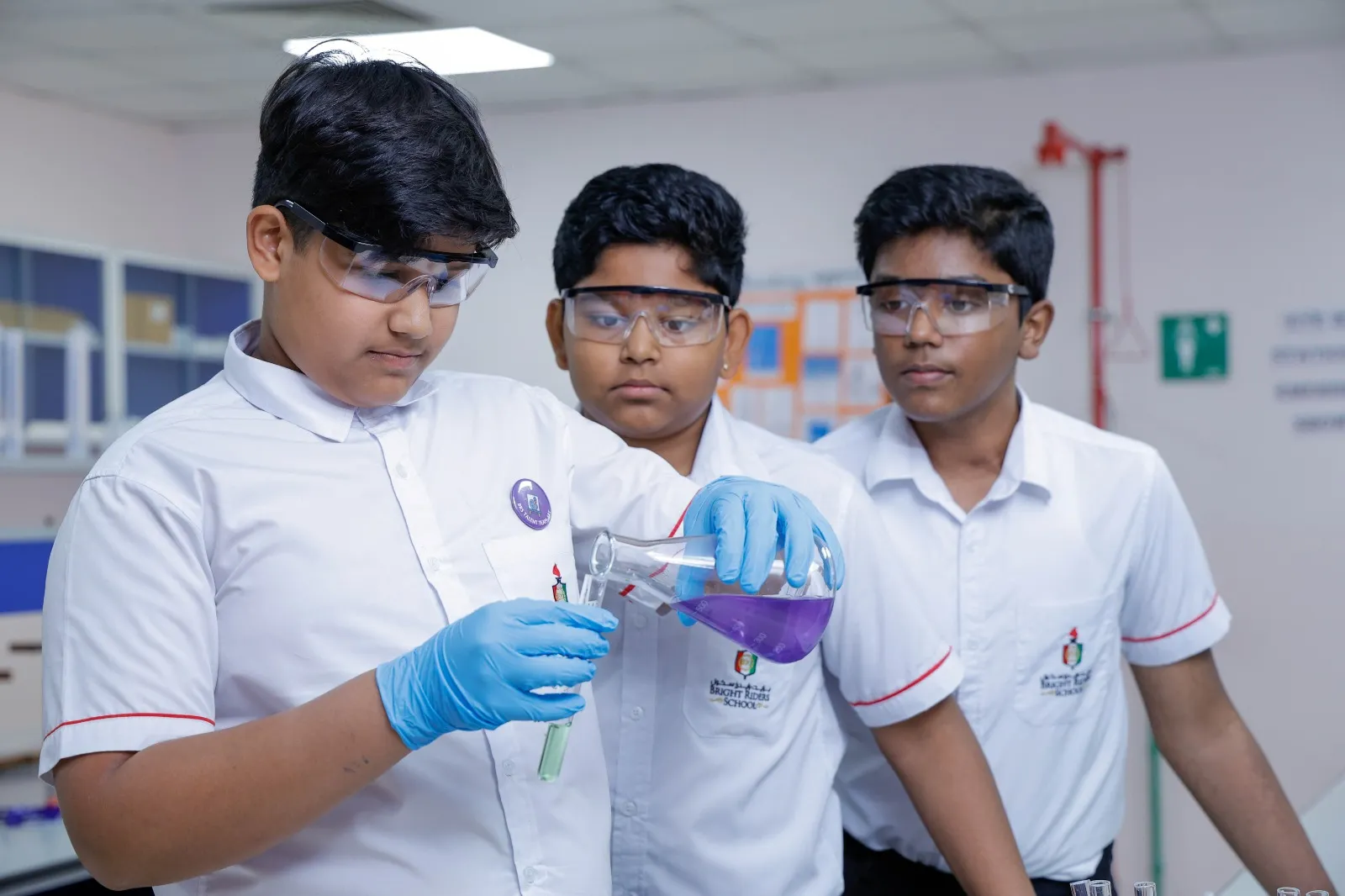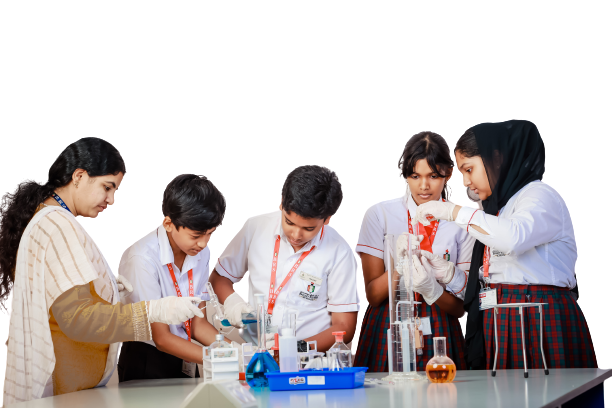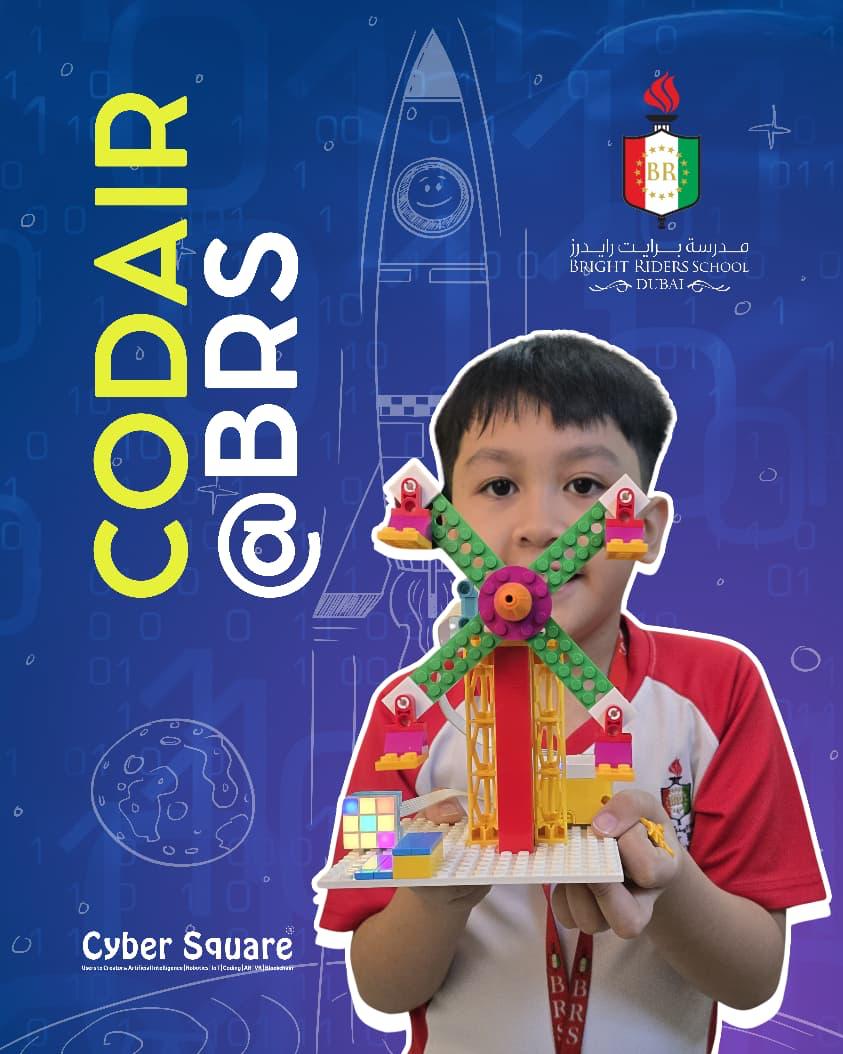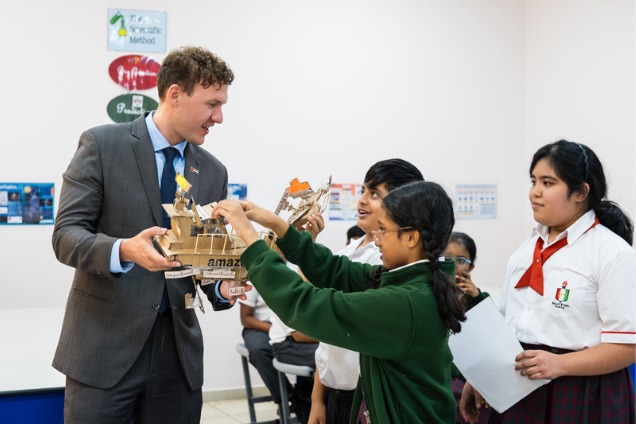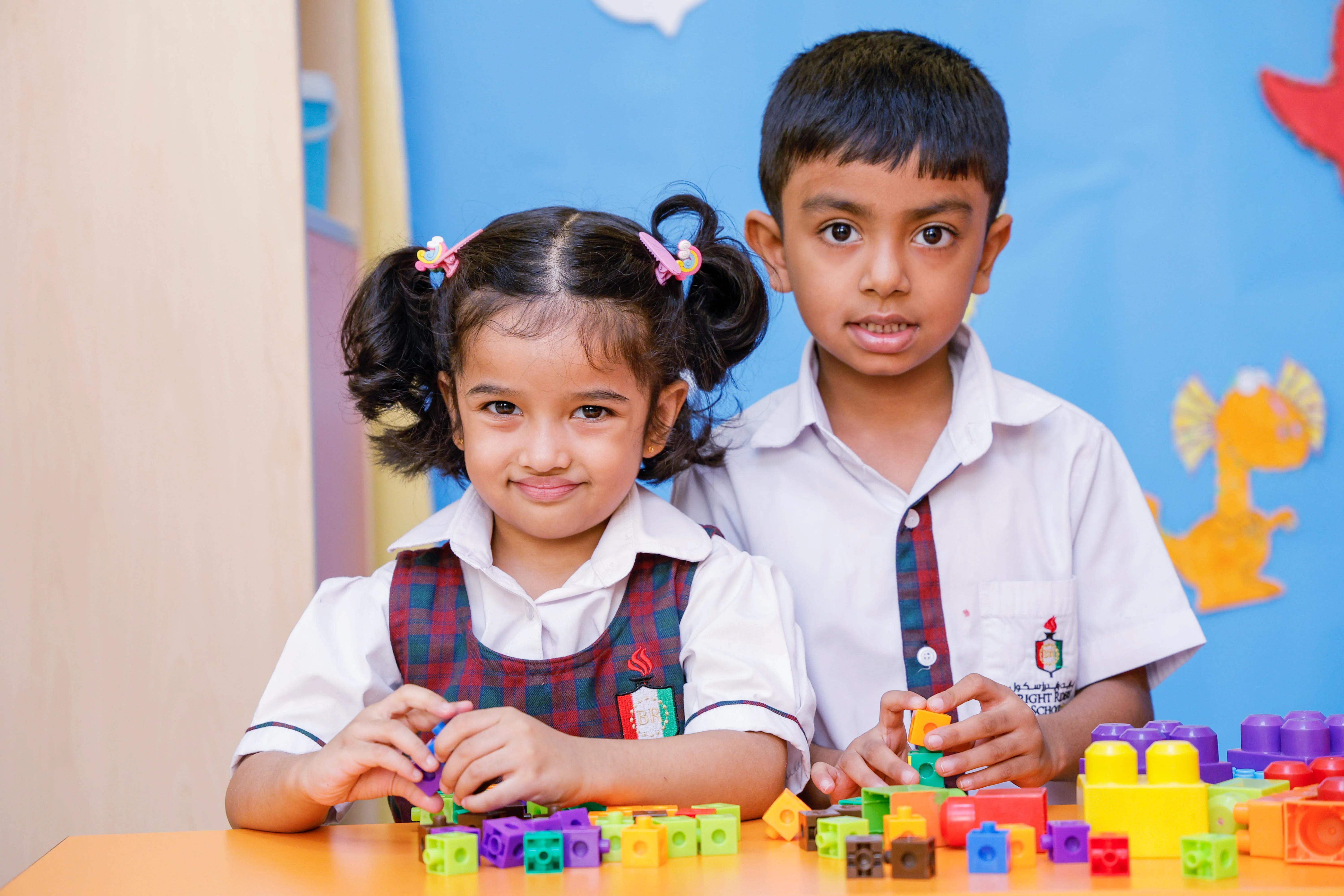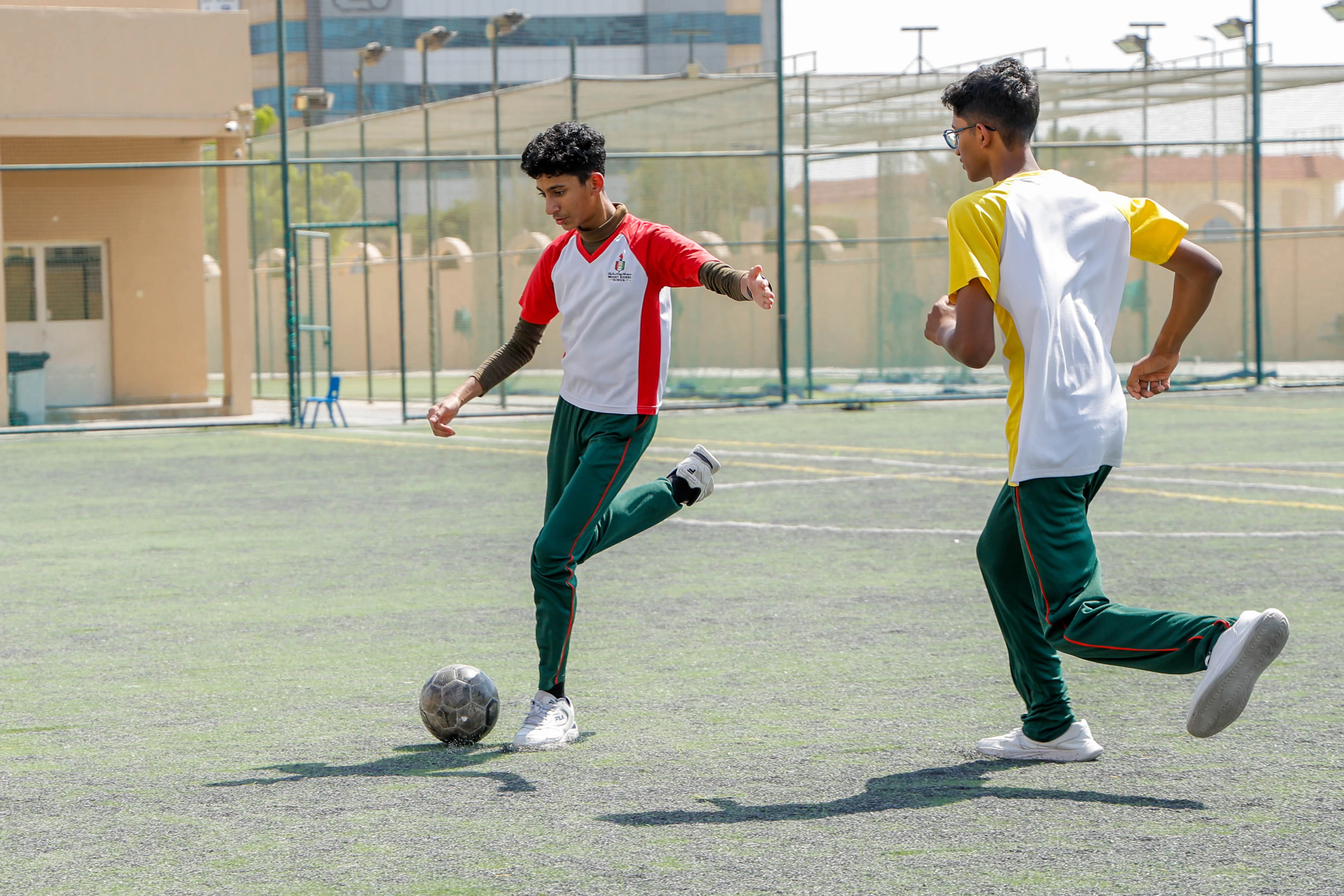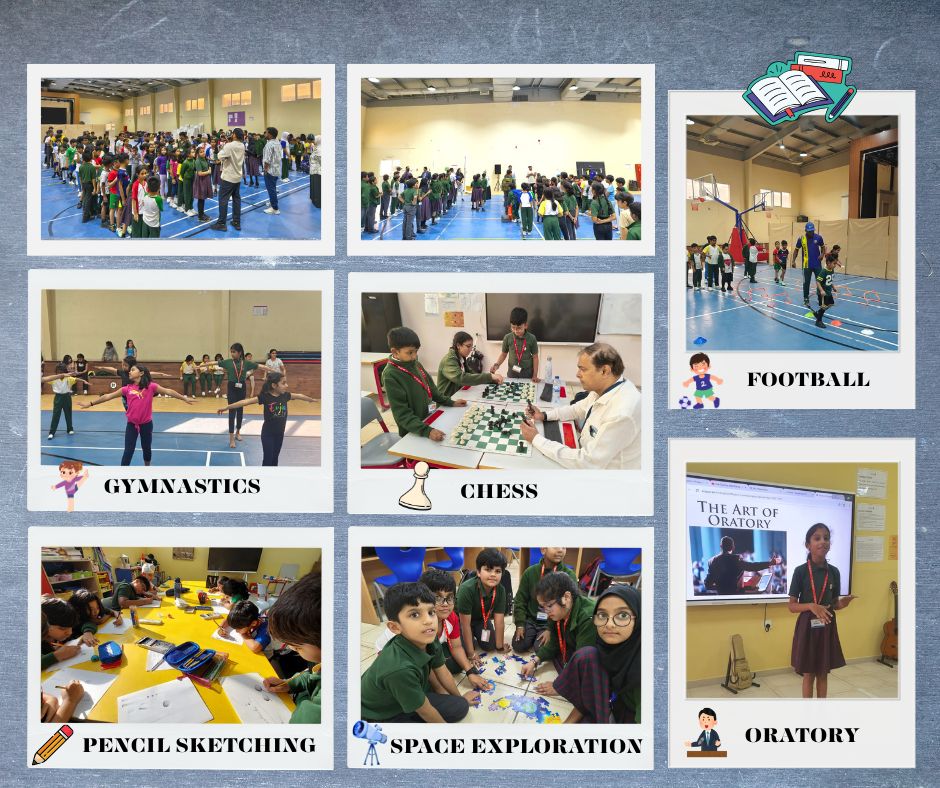Co-scholastic Curriculum
At BRS, we prioritize the holistic development of every child through thoughtfully designed, hands-on learning experiences that engage the cognitive, emotional, and physical domains. An integrated co-scholastic program complements the academic curriculum, equipping students with the skills, resilience, and confidence to face challenges and set goals throughout their educational journey.
Our co-scholastic curriculum includes Music, Yoga, Swimming, Art, Dance, Physical Education, ICT skills, and sports activities. These subjects are included in the timetable to ensure the development and regular use of these skills. At Bright Riders School Dubai, we provide a holistic education that cultivates students’ character, leadership, work ethic, compassion, and core values. Integrated into the regular curriculum, students actively participate in a variety of activities—including dance, music, swimming, sports, yoga, and mindfulness—alongside specialized programs such as CODAIR (coding and AI) and the Climate Kids sustainability initiative. These experiences are woven into the weekly timetable, ensuring that personal growth, creativity, and practical skills flourish alongside academic learning.
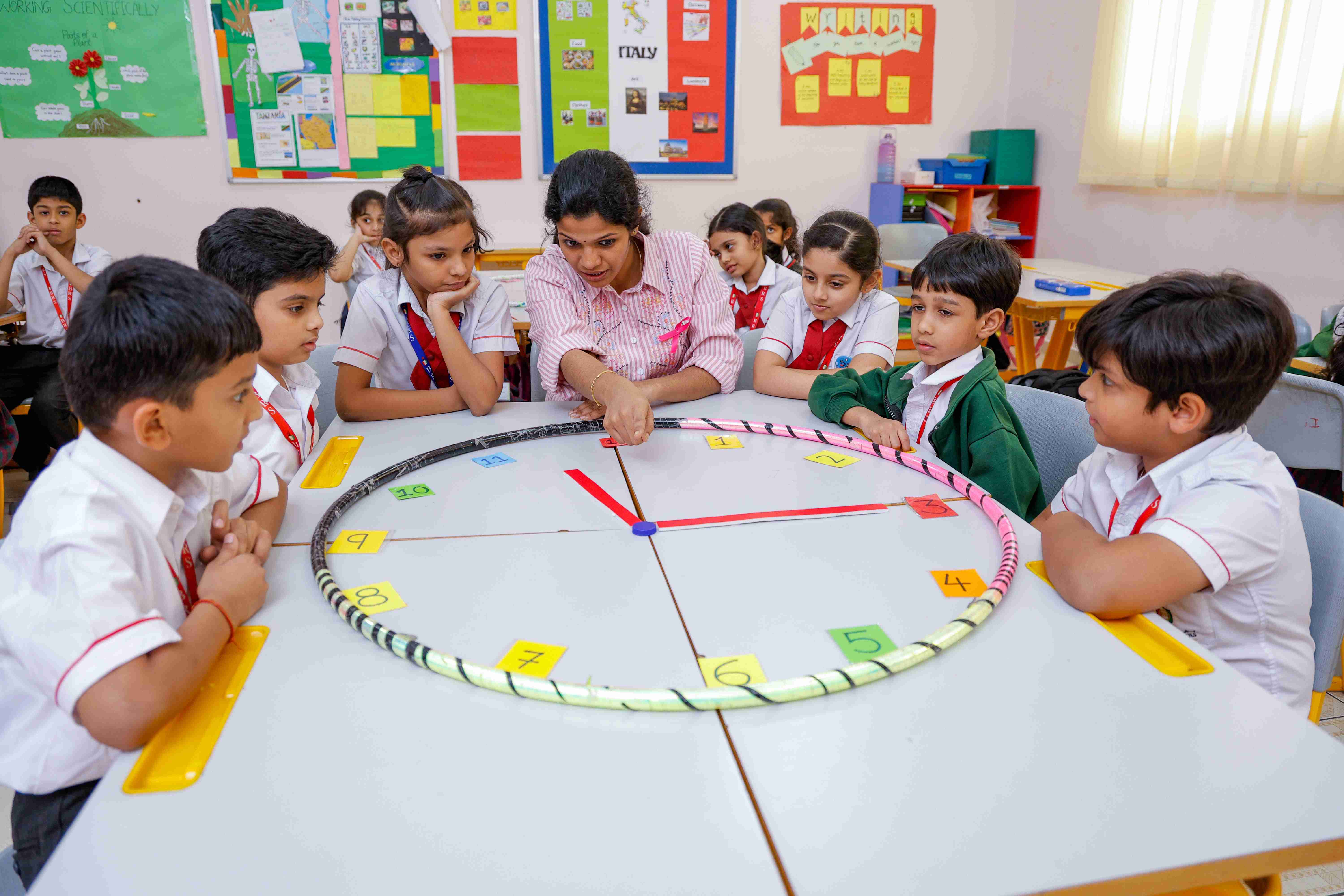
 Contact
Contact  School Portal
School Portal 



